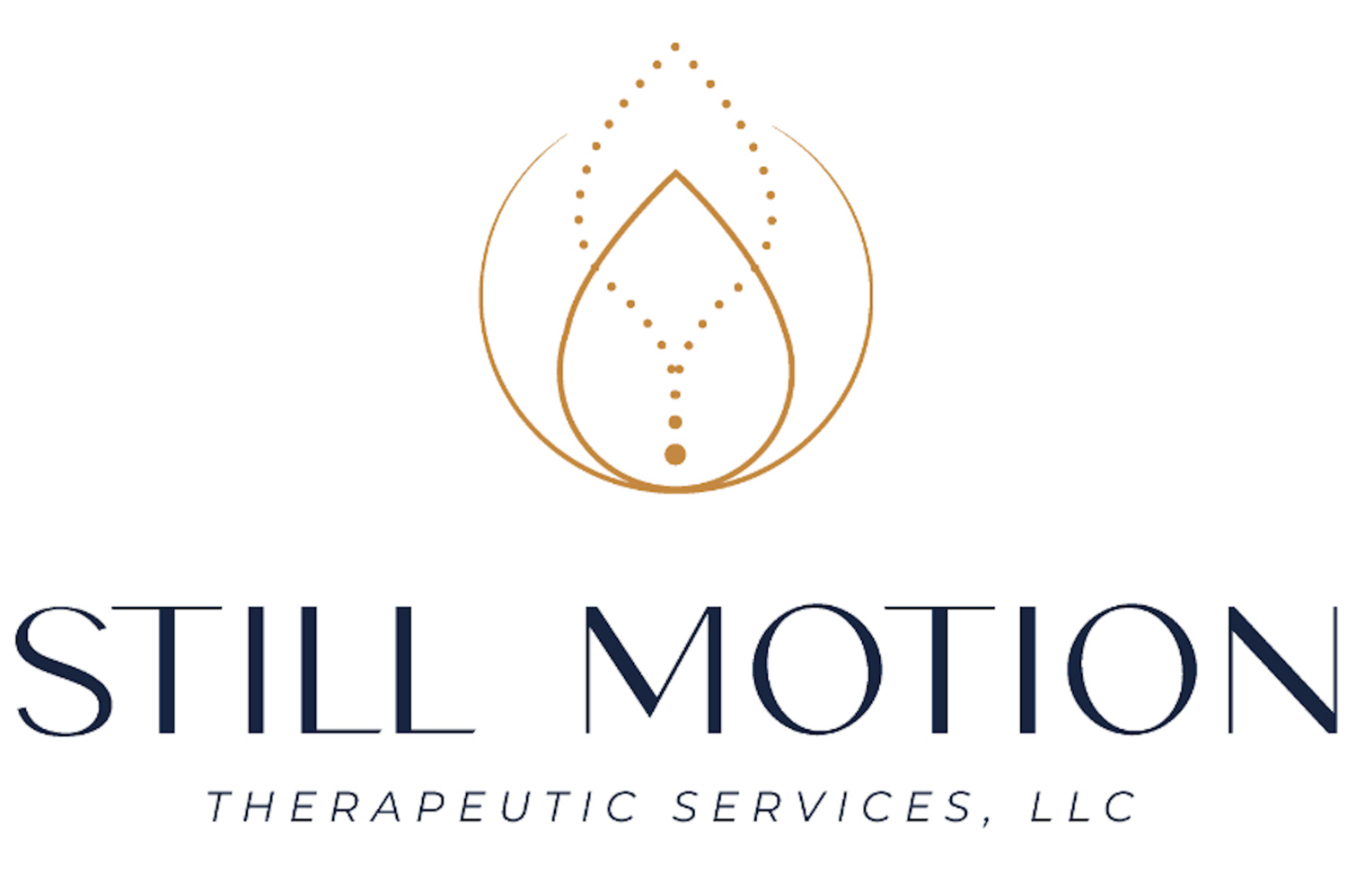Eating Disorder Therapy: Healing Your Relationship With Food, Body, and Self
/Eating disorders are not about vanity or willpower—they’re deeply rooted, complex mental health conditions that often serve as a way to cope with emotional pain, trauma, anxiety, or a need for control. Recovery is possible, and therapy plays a vital role in healing not just eating behaviors, but the underlying emotional wounds beneath them.
If you’re struggling with food, body image, or disordered eating patterns, you are not alone—and help is available.
What Is Eating Disorder Therapy?
Eating disorder therapy is a specialized form of mental health support designed to address the psychological, emotional, and relational factors that contribute to disordered eating.
It supports people navigating:
Anorexia nervosa
Bulimia nervosa
Binge eating disorder
Orthorexia
Avoidant/restrictive food intake disorder (ARFID)
Body dysmorphia or chronic body dissatisfaction
Emotional or compulsive eating
Restriction, over-exercise, or food obsession
Therapy helps you move from shame, secrecy, or self-judgment toward compassion, balance, and deeper self-understanding.
What Therapy Looks Like
While each person’s journey is unique, eating disorder therapy often includes:
1. Exploring the Emotional Roots
Disordered eating is rarely just about food. It may be tied to perfectionism, trauma, grief, low self-worth, anxiety, or family dynamics. Therapy helps you uncover why your relationship with food developed the way it did—and how to rewrite that story.
2. Learning Emotional Regulation Tools
Many eating disorders are ways to soothe or avoid overwhelming emotions. Therapy offers new, healthier ways to regulate your nervous system, express feelings, and meet emotional needs without turning to food behaviors.
3. Challenging Critical Inner Voices
Many people with eating disorders struggle with harsh self-talk, body shame, or deeply internalized beliefs about worth and control. Therapy helps quiet the inner critic and build a voice of self-compassion.
4. Rebuilding Body Trust
Eating disorder recovery is not about controlling your body—it’s about reconnecting with it. Therapists help you tune into hunger, fullness, pleasure, rest, and safety without fear or guilt.
5. Supporting Practical Recovery Steps
Therapy works in tandem with medical professionals and dietitians when needed. Your therapist can support structured recovery plans, offer meal support, or help manage the fears that come with nourishing your body.
Approaches Often Used in Eating Disorder Therapy:
Cognitive Behavioral Therapy (CBT-E) – Targets the thoughts and behaviors maintaining the eating disorder.
Dialectical Behavior Therapy (DBT) – Helps with emotional regulation and distress tolerance.
Emotion-Focused Therapy (EFT) – Supports processing underlying emotional pain or trauma.
Somatic Therapy – Reconnects you with body awareness and safety.
Trauma-Informed Care – Essential when disordered eating stems from past harm or adverse experiences.
Family-Based Therapy (FBT) – Especially helpful for adolescents.
It’s Not Just About Food—It’s About Freedom
Recovery means more than eating differently. It means thinking differently, relating differently, and living with more freedom and connection. Therapy helps you:
Break free from obsessive patterns
Restore balance and trust in your body
Reconnect with joy, relationships, and self-worth
Stop feeling “at war” with food or yourself
You Deserve Peace with Your Body
At Still Motion Therapeutic Services LLC, we offer a safe, inclusive space for individuals healing from disordered eating. We honor each client’s lived experience, body story, and recovery path. Whether you’ve had a formal diagnosis or simply know that your relationship with food doesn’t feel right, we’re here to support your next step.

